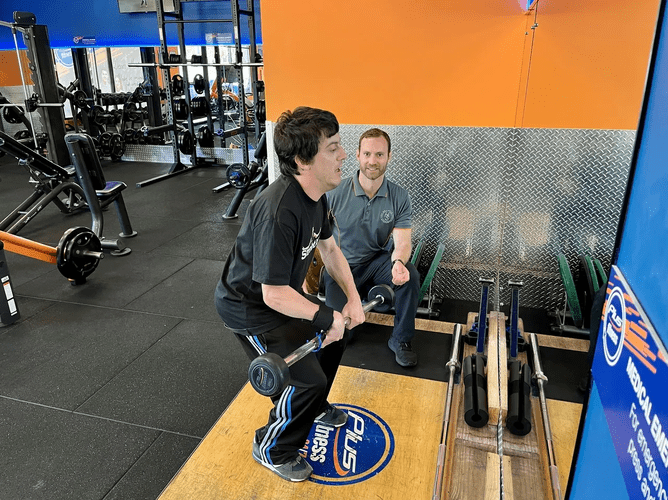The National Disability Insurance Scheme (NDIS) is a government funded program that provides support for individuals with disabilities to help them achieve their goals and aspirations. Exercise Physiologists play an important role within the NDIS by helping participants with disabilities to improve their physical function, reduce the risk of chronic diseases, and promote overall well-being.
An Exercise Physiologist within the NDIS works with participants who have a disability to help them achieve their goals related to physical activity and exercise. This may include developing exercise programs, providing education on physical activity and exercise, and monitoring progress to ensure that the participants needs are being met. The Exercise Physiologist may also work with other members of the participant's support team, such as Physiotherapists, Occupational Therapists, Psychologists, and other health professionals, to ensure that the participant's overall health and well-being are being addressed.
Exercise Physiologists within the NDIS can provide a variety of services to participants with disabilities, including:
- Assessing physical function: The Exercise Physiologist will conduct an initial assessment of the participant's physical function to identify any areas of weakness or limitation. This assessment may include tests of muscle strength, flexibility, balance, and coordination.
- Developing exercise programs: Based on the results of the initial assessment, the Exercise Physiologist will develop an individualised NDIS exercise program that is tailored to the participant's specific needs and abilities. This program may include exercises to improve muscle strength, flexibility, and endurance, as well as balance and coordination exercises to reduce the risk of falls.
- Providing education: Exercise Physiologists within the NDIS provide education and counselling on physical activity and healthy lifestyle choices. They can provide information on the benefits of physical activity, how to safely progress physical activity, and how to overcome barriers to physical activity.
- Monitoring progress: The Exercise Physiologist will monitor the participant's progress over time and make any necessary adjustments to the exercise program. They may also provide feedback on the participant's progress and work with other members of the support team to ensure that the individual's needs are being met.
- Safety and accessibility: Exercise Physiologists within the NDIS are trained to work with participants with disabilities and create safe and accessible exercise programs. They have knowledge of the adaptations and modifications necessary for people with different types of disabilities and can make sure that the environment and equipment are accessible to the participant.
In summary, Exercise Physiologists in Perth play an important role within the NDIS by helping participants with disabilities achieve their goals related to physical activity and exercise. They conduct initial assessments, develop individualised exercise programs, provide education, monitor progress, and make sure that the environment and equipment are accessible and safe. They work with other members of the support team to ensure that the participant's overall health and wellbeing are being addressed.
